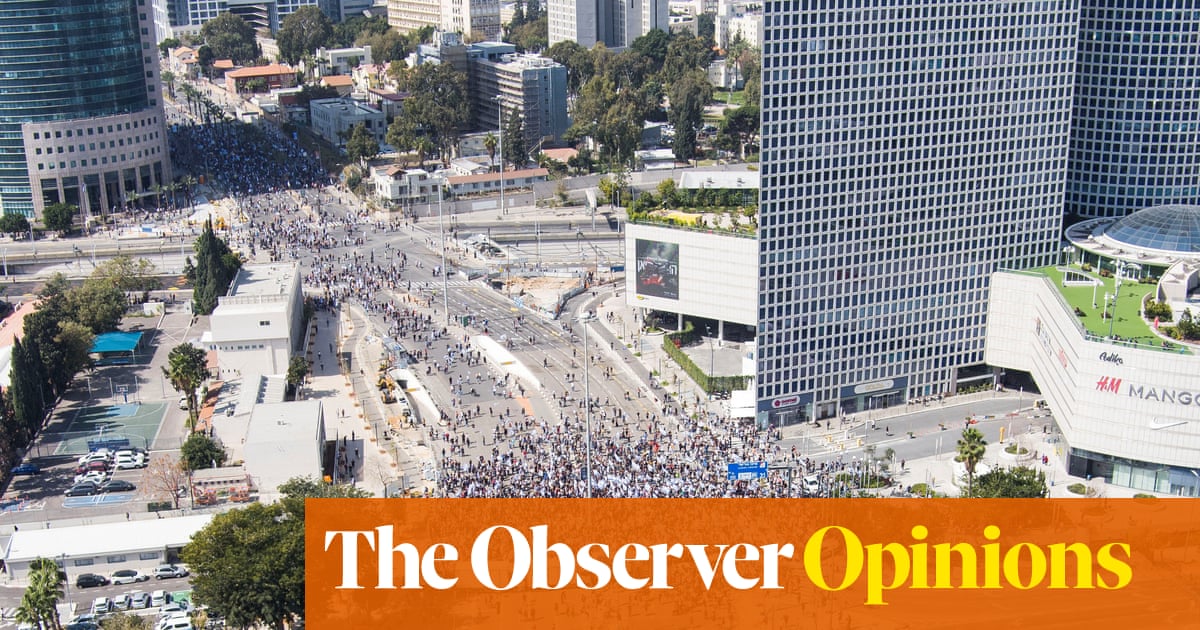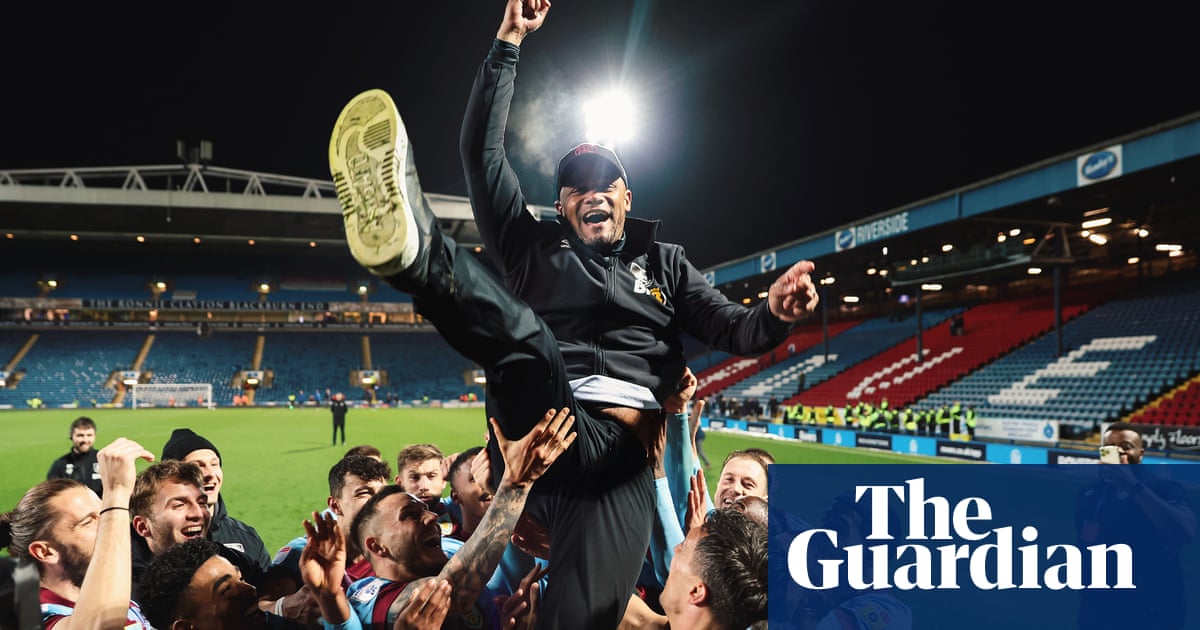
On Sunday, on as dark a day as imaginable in Anderlecht’s history, Belgium’s record champions stunned the world with the appointment of their biggest international icon of the last 25 years. Enter Vincent Kompany, stronger than any PR machine the club could possibly have built.
The name Anderlecht suddenly hummed around the football world again. Missing out on European football for the first time in 56 years and the last game of a disastrous season against Gent, another painful defeat, suddenly did not matter any more to the long-suffering fans.
The violent protests, crowd trouble, flares on the pitch, the insults and the banners protesting Marc Coucke’s ownership were suddenly forgotten. “Kompany olé, olé,” the away fans sang. One waved an old shirt with number 27 on the back. A few others held a purple banner proclaiming “Vince = magic”.
It was the perfect alibi to cover up the mismanagement of the club over the past 10 months. It was the impossible dream. Coucke, the sporting director Michael Verschueren and technical director Frank Arnesen – best known for his sporting director roles at Tottenham and Chelsea – pulled off the most incredible stunt Belgian football has seen for years. It announced the captain of one of Europe’s best teams, Belgium’s most successful player in the Premier League and one of their own, who had signed at 17 and spent his first six years at Anderlecht, in the now unfashionable post of player-manager.
“With Vincent’s return we have achieved something that everyone thought was impossible. Vincent is the child of the house and the person we need to give a new impulse to the club and to use for RSCA 2.0,” said Verschueren. “It’s a bit out of the box but [Anderlecht] needs renewal and this is the first step. Vincent is someone who has purple blood. I think the fans understand that Vincent is a part of our past but at the same time guarantees our future. This is the ideal moment to introduce a personality such as Vincent.”
Anderlecht are not the Anderlecht of old any more, however. A former European giant, with five major trophies in the late 1970s and the early 80s, have fallen off the cliff, even in their home country. An institution that was once a synonym for class players, a certain DNA of beautiful football, excellent youth players and a healthy touch or arrogance had turned into a snake pit.
The Belgian record champions, with 34 domestic titles, lost their soul over the years, even their identity. Last year Coucke, a famous Belgian businessman who had previously owned first division club Oostende, bought the club from the brewing family Van den Stock – the end of a dynasty. It was a takeover that did not go smoothly. Coucke is like a thunderstorm. An enthusiastic, flamboyant, noisy, hyperactive and omnipresent man whom one would not associate with the stuffiness of Anderlecht.
The mismatch was an easy target when things were falling apart. Even more so when it was publicly revealed that he used to be a fan of Anderlecht’s biggest rival, Club Brugge.
Coucke compounded the situation with a catalogue of mistakes. He signed trustees, players and staff members from his former club Oostende and took unbelievable risks in the transfer market. Arnesen thought, mistakenly, that the Dutch manager Fred Rutten, whom he knew from his time at PSV, would be the saviour to turn things round. He was gone after 13 matches. They signed Yannick Bolasie, a winger, on loan from Everton when they needed a striker. They signed the best player from the Austrian league, Peter Zulj, when they already had similar players.
When they slipped further down the league, they decided to terminate Rutten’s deal. On top of that came police raids, investigating the links with agents in the pre-Coucke era. In April angry fans protested in front of the main gates to call for Coucke’s head, after another defeat at home. Masked fans had thrown flares on the pitch with their team 2-0 down to Standard Liege, the game was abandoned after half an hour and Anderlecht were eventually hit with a 5-0 defeat by the Belgian football authorities.
Anderlecht have almost 40 players under contract and need to offload a number of them. Their current squad is not good enough to compete. There are excellent youngsters, such as the playmaker Yari Verschaeren, 17, and possibly the Belgian under-21 international Nany Dimata, if he stays fit. Maybe two other youngsters who took their chance over the last few years, Alexis Saelemaekers or Sebastien Bornauw, will prosper. In addition to talent and class the club lacks personality, a winning mentality and leadership. There is a big job ahead.
In a meeting with Anderlecht’s board soon after the Champions League defeat by Spurs, Kompany convinced them of his suitability for the role in a half-hour video session. Arnesen had no more questions. Coucke himself said: “He comes from our youth, we build on our youth. In terms of symbolism, everything is in this. And this is not a 15-year plan, is it? We will do everything we can to revive the beautiful times as quickly as possible.”
Kompany also comes with a vision and enormous ambition. A student of the game, who always had his own vision and views about football, he rediscovered his love for the game under Pep Guardiola at Manchester City. “Working with him is like doing 10 years of studying. I compare it with going to university, that’s the level. We never stop learning every single day.”
After three years on the first row in the masterclass and without a degree Kompany thinks he is ready to follow in Guardiola’s footsteps. Kompany is a novice in the managerial profession but he has undoubtedly mapped out a route for Anderlecht and for himself. An entire club will be mobilised. The Guardian Sport












